In family chicken farms, solar photovoltaic systems have been successfully applied and achieved remarkable results.
The following is a specific application case and effect evaluation:
Specific application cases
The country's first photovoltaic smart chicken farm is located in Xinglong Village, Dade Town, Kaizhou District, Chongqing, and was built by Chongqing Ruisang Agricultural Development Co., Ltd. The chicken farm has a roof area of 3,000 square meters and is fully equipped with solar photovoltaic panels, with an estimated annual power generation of 700,000 kWh. These photovoltaic panels are not only used to meet the chicken farm's own power needs, but also to sell excess power online, thereby creating additional income.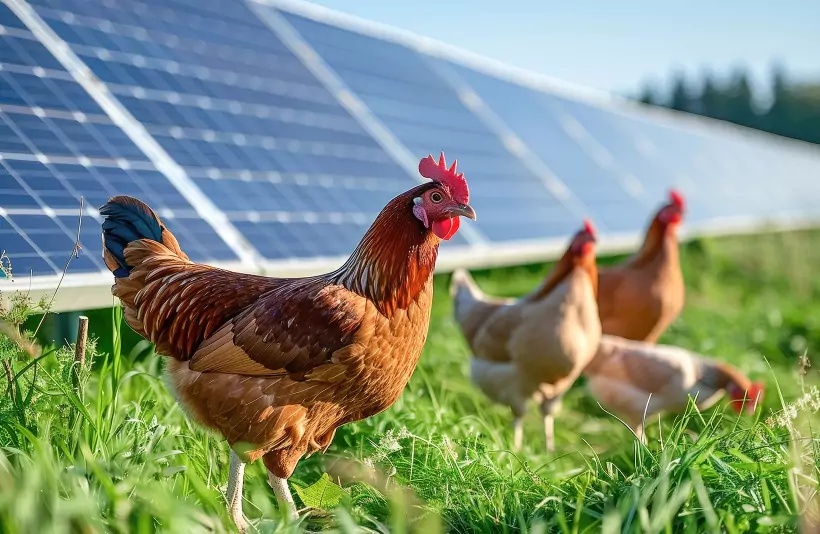
In addition, the chicken farm also integrates planting and breeding, organic fertilizer production and egg deep processing projects, and is committed to developing a "green + low carbon + organic + recycling" modern agricultural model. By introducing digital breeding equipment from Israel and adopting an automatic feeding system, a central manure conveying system and a centralized manure fermentation process, the level of intelligence and automation of the chicken farm has been further improved.
Effect evaluation
Economic benefits: Chicken farms can earn additional income by selling excess photovoltaic power generation to the power grid company, which not only increases economic resources but also helps improve overall operational efficiency.
Environmental benefits: The application of the solar photovoltaic system is equivalent to planting 3,700 trees, saving 2,640 tons of coal for power generation, reducing carbon dioxide emissions by 650 tons, and reducing dust emissions by about 180 tons.
Social benefits: This comprehensive utilization model not only improves the energy self-sufficiency rate of chicken farms, but also promotes the green and sustainable development of local agriculture.
Technical advantages: The bottom placement of solar photovoltaic panels can also play an important role in the temperature control effect of chicken farms, helping to improve the temperature environment in the chicken house and improve the growth efficiency of chickens.




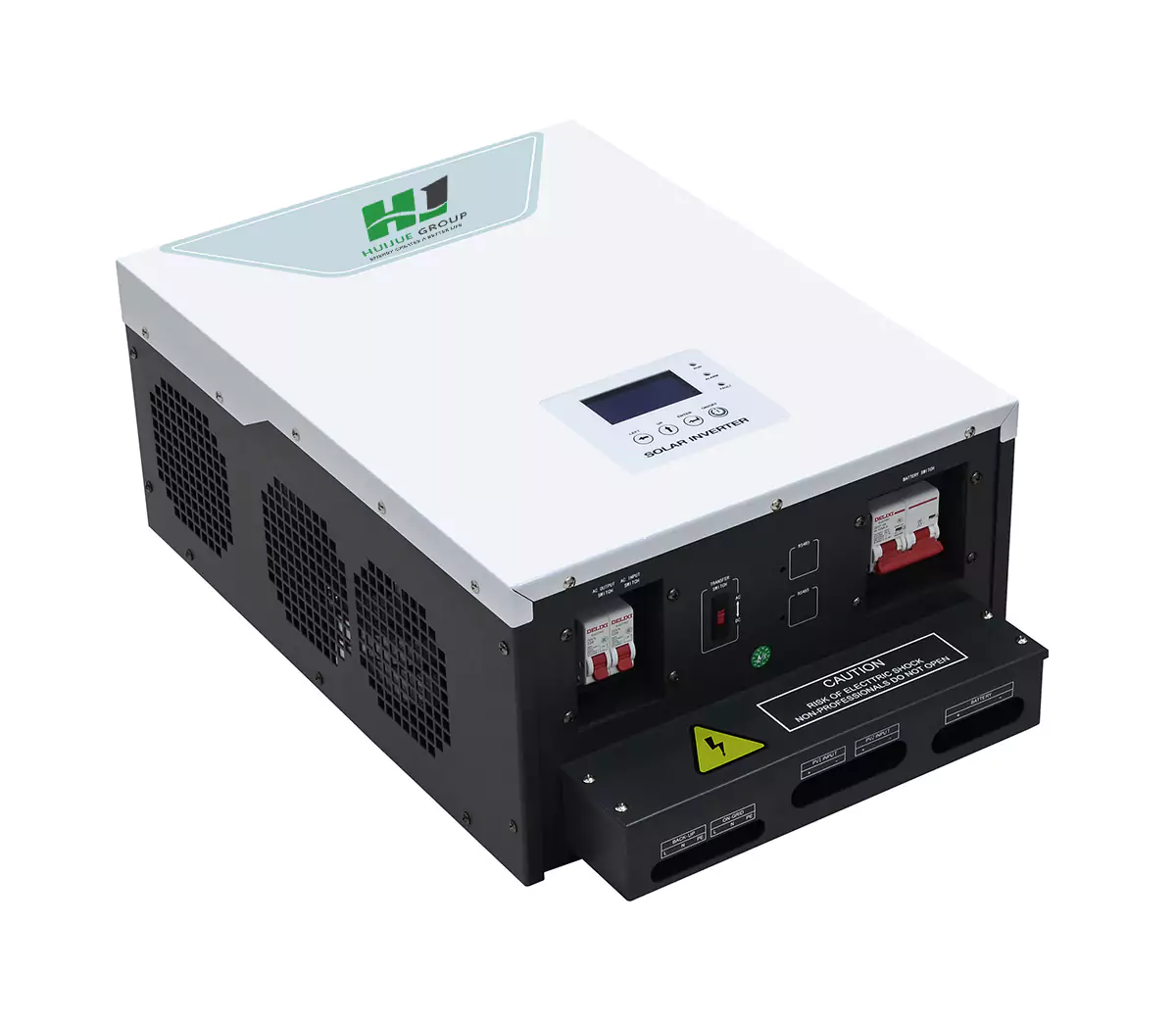
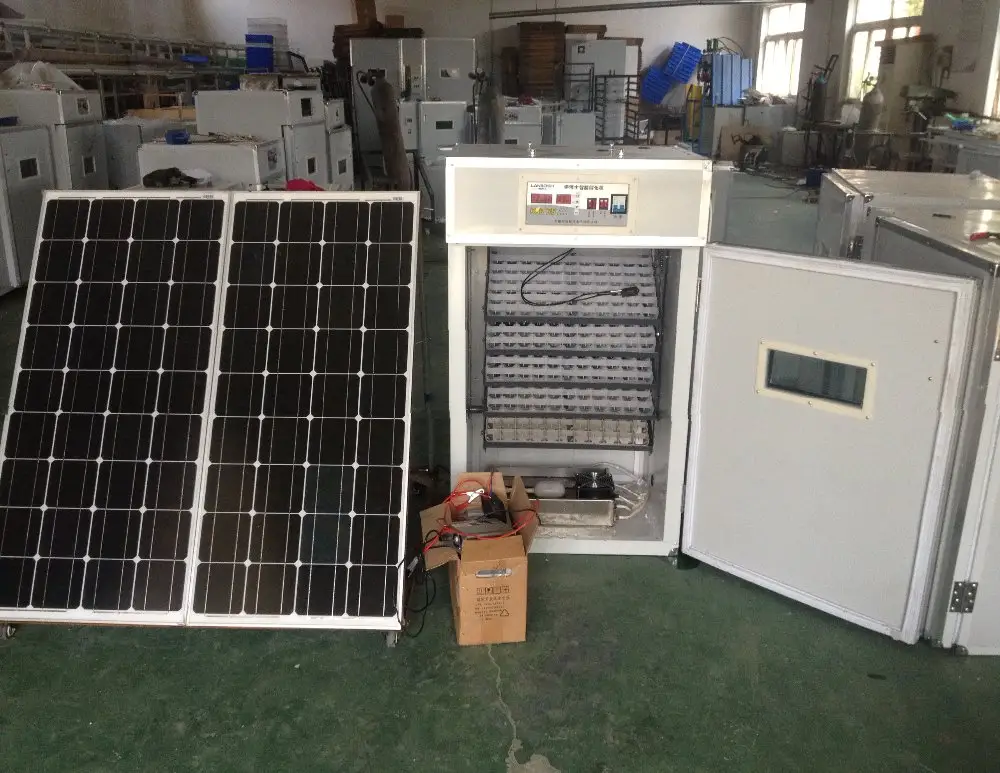
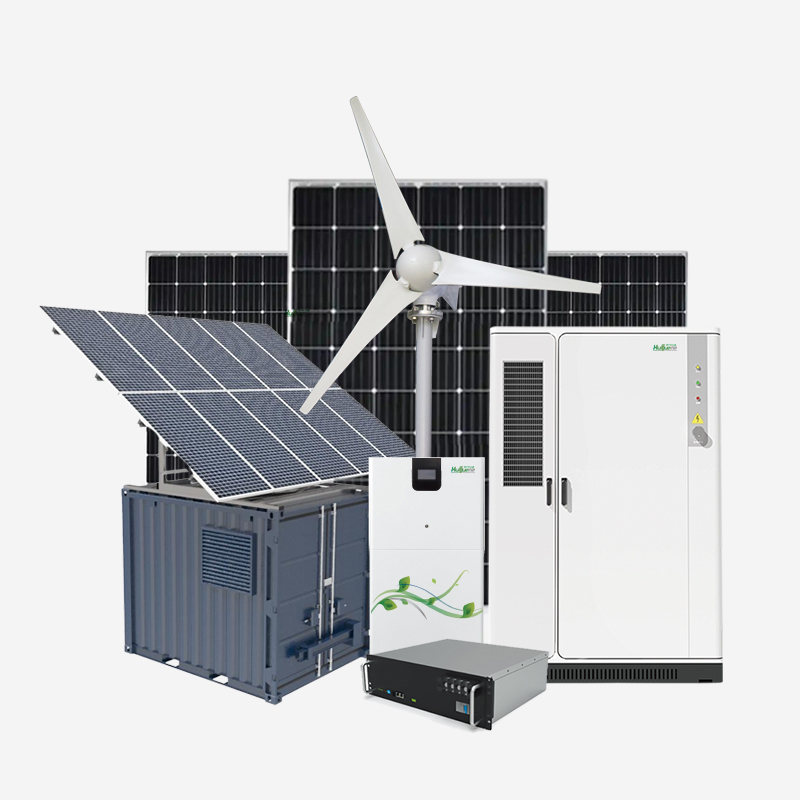
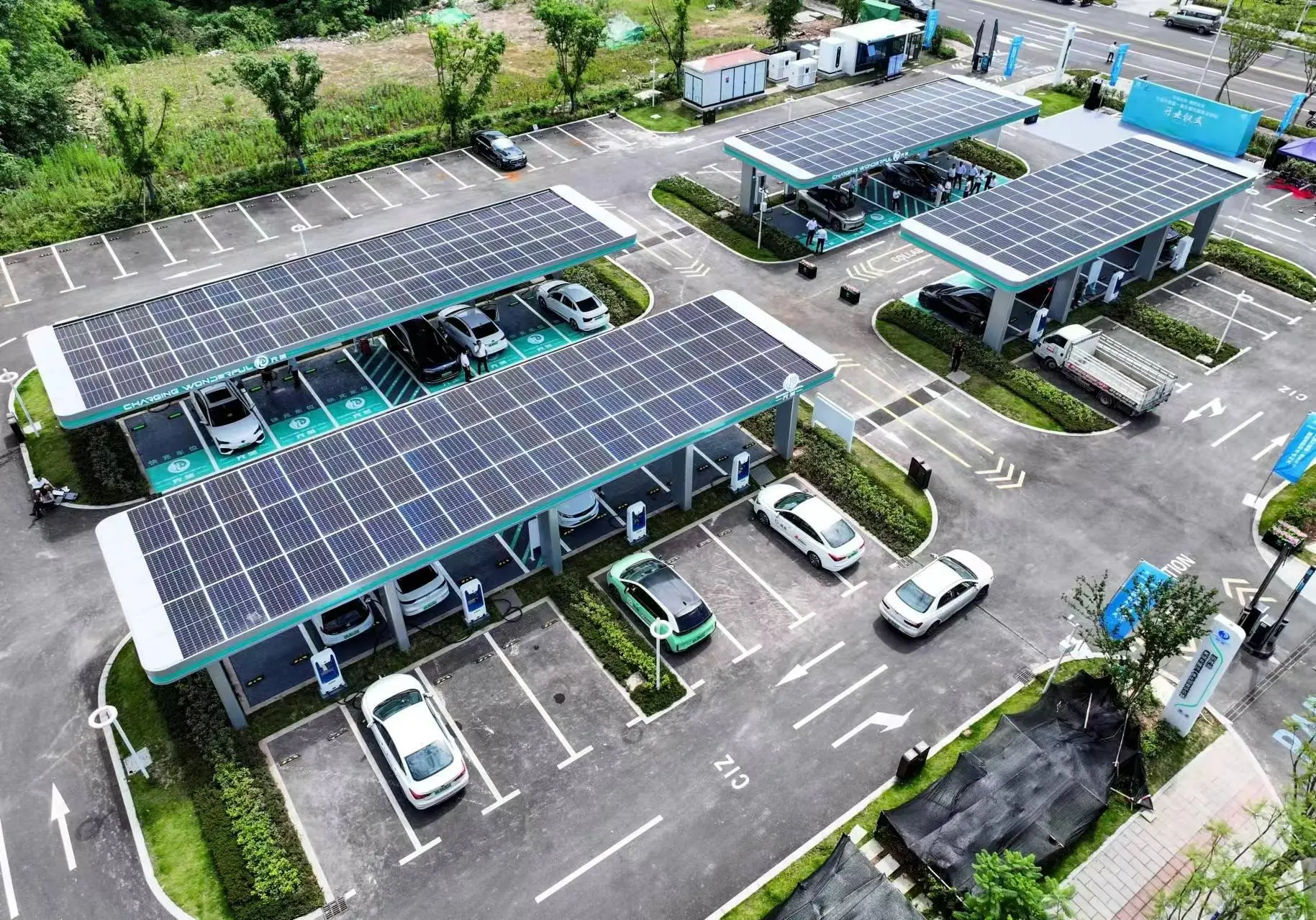
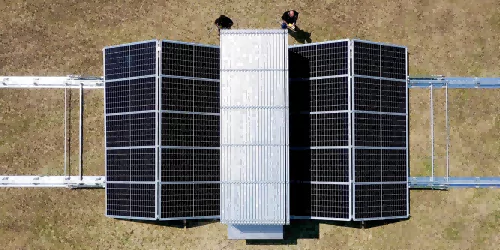
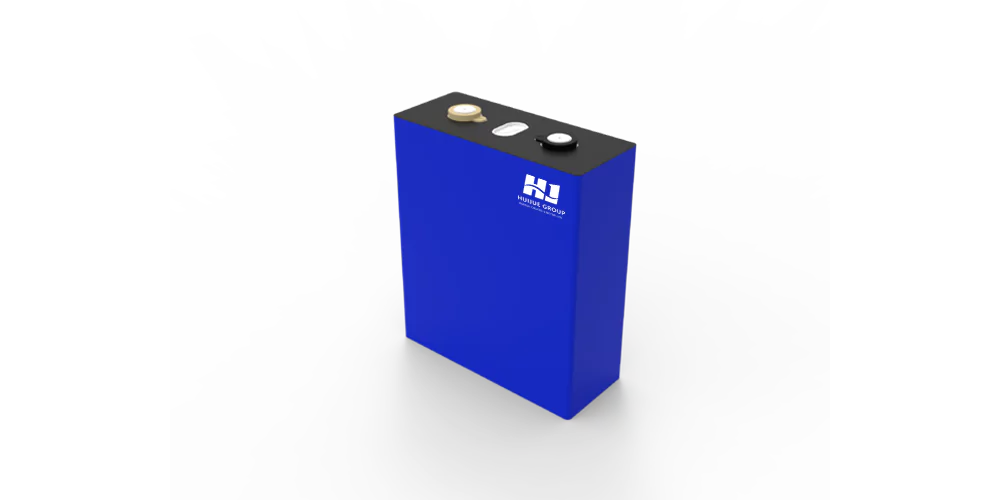
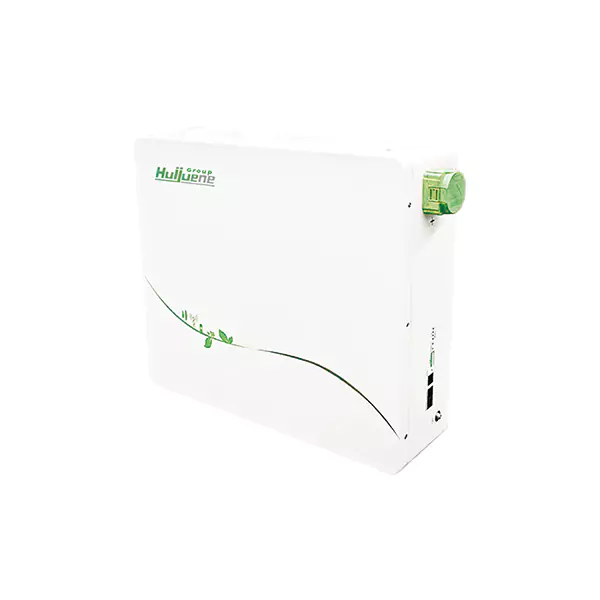
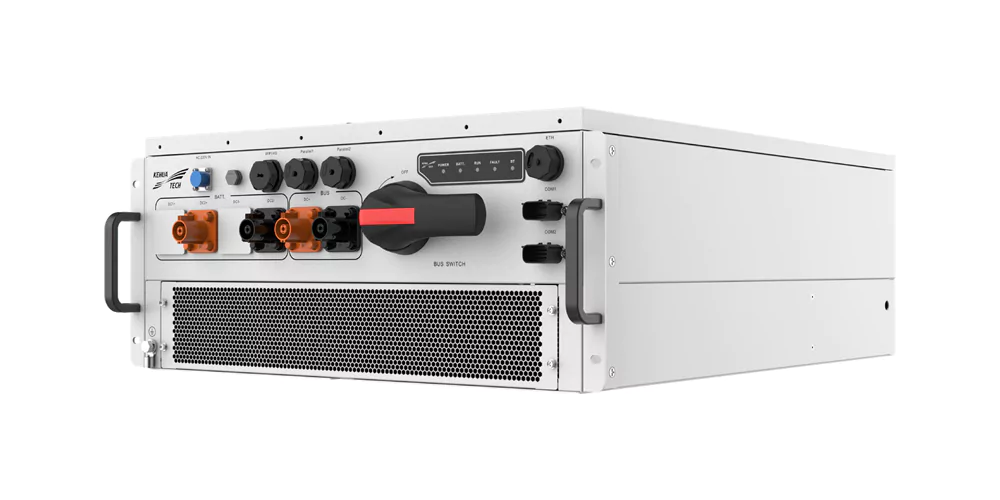
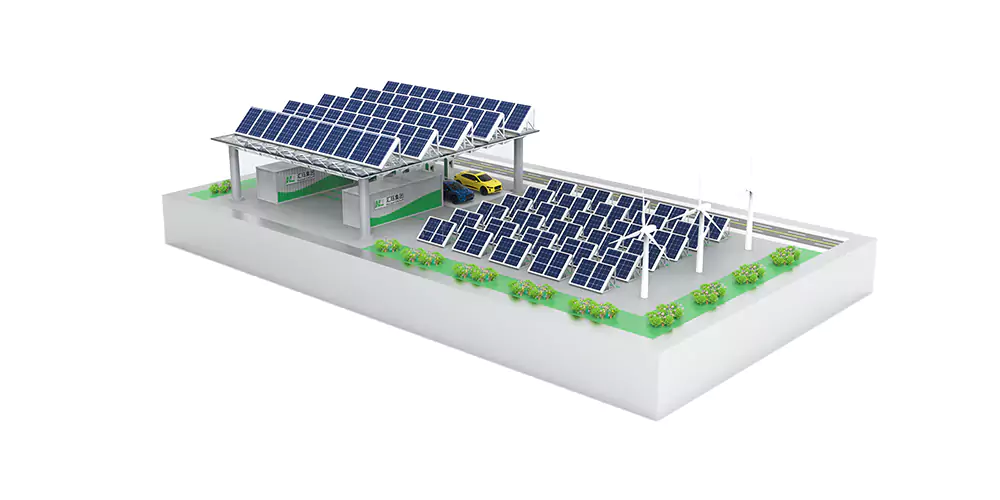
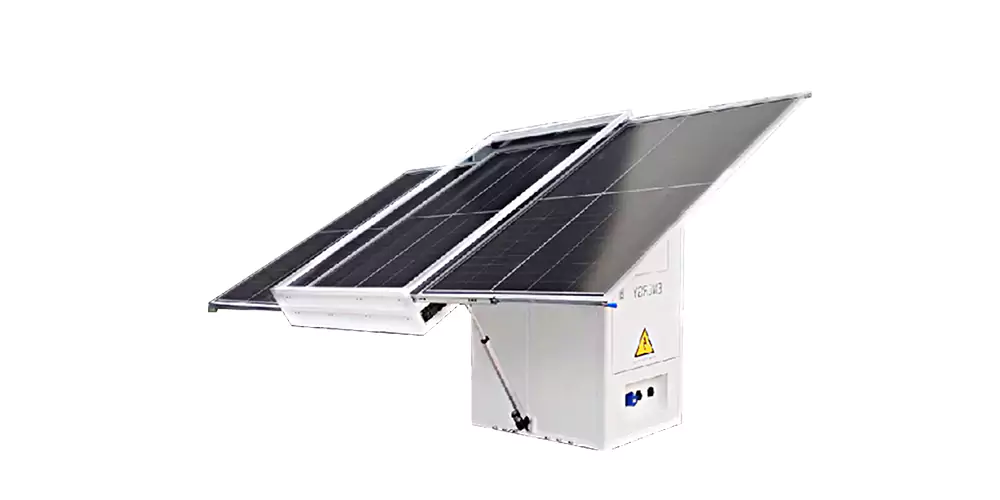
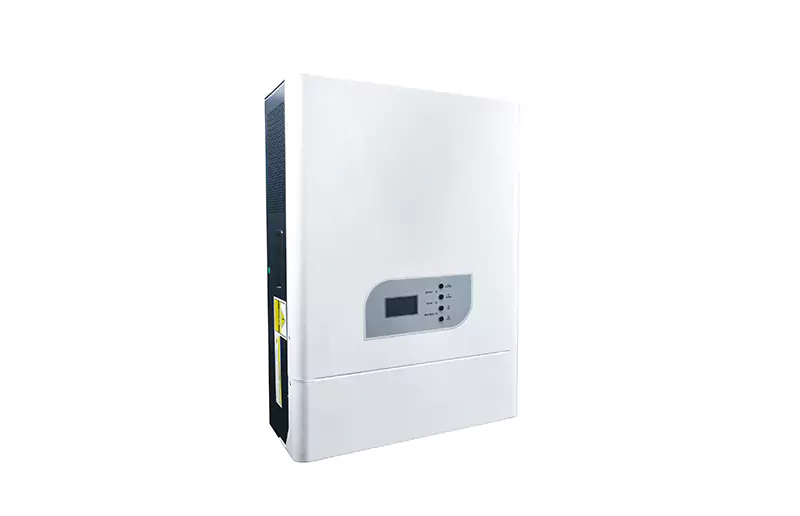
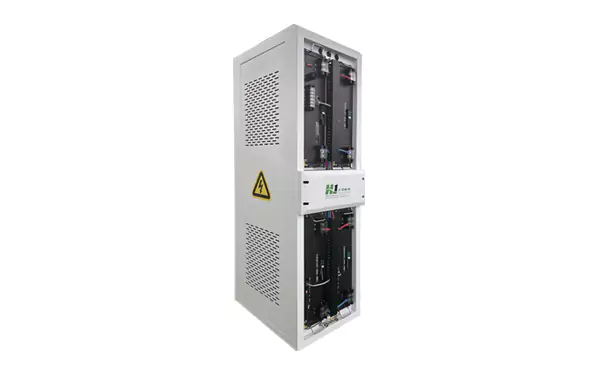

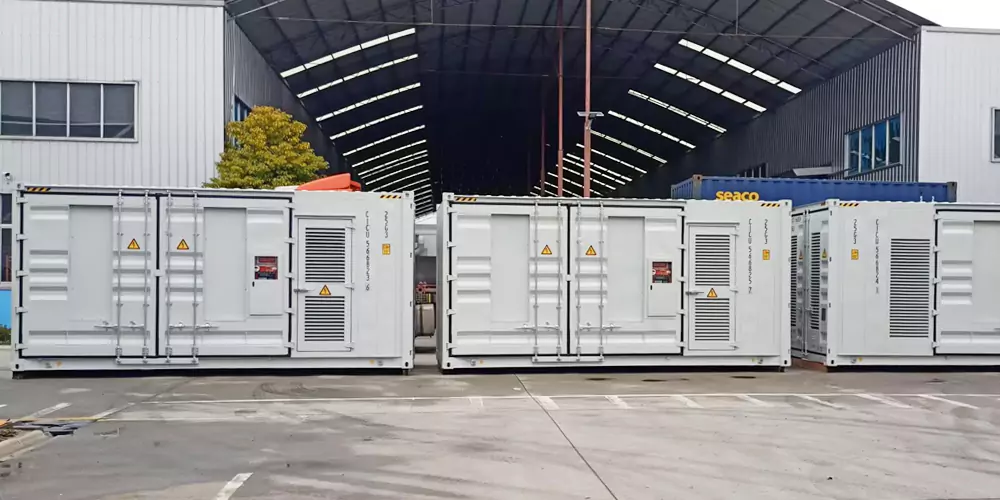
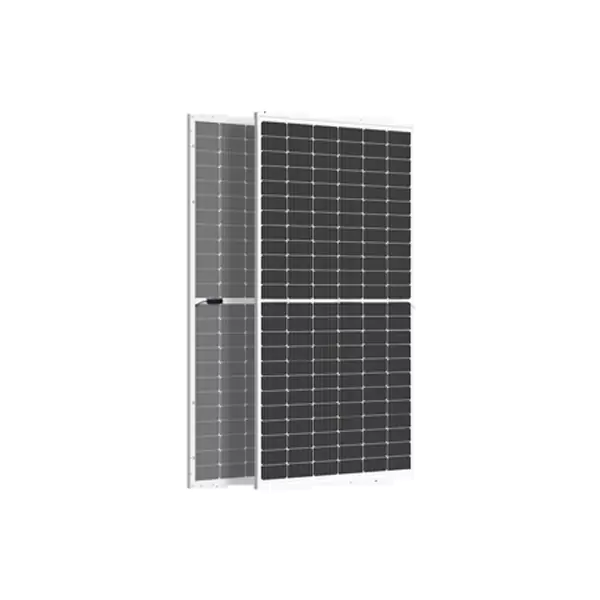
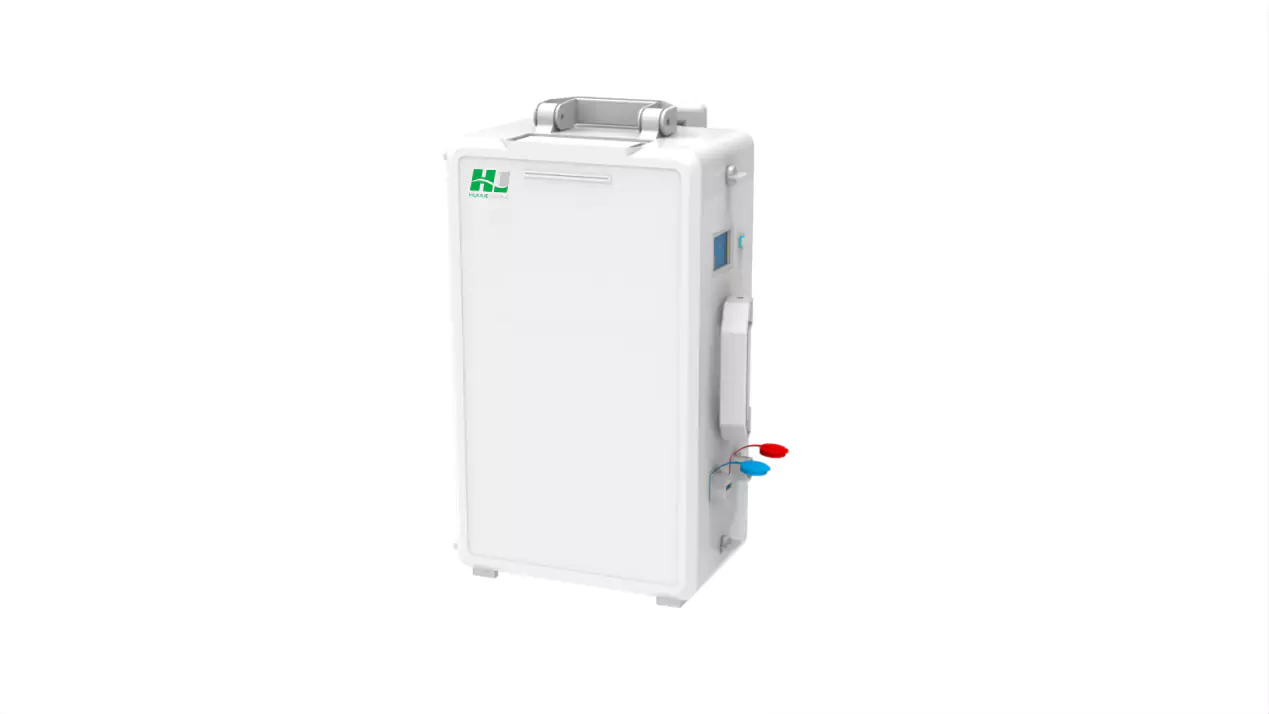
 Inquiry
Inquiry Online Chat
Online Chat